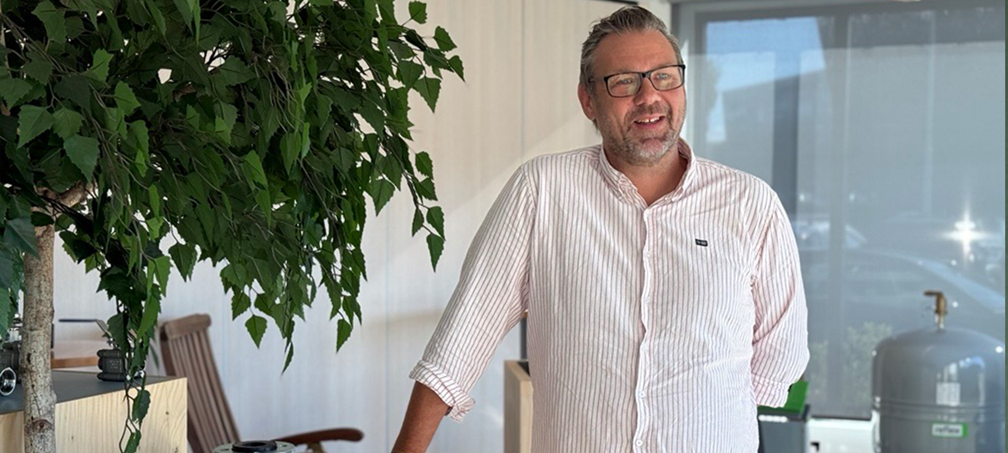
Stefan Kjellgren is Head of the Product Department at Armatec. Together with his team, he is responsible for selecting and developing the range of products we offer – always in close collaboration with our suppliers. And with increasing demands from customers, sustainability is becoming an ever more important part of the decision-making process.
It is clearly visible in our customer dialogues. Sustainability is no longer a "bonus", but often a requirement. More customers want EPDs (Environmental Product Declarations), building material assessments, or clear information about content and origin. We spend more time than before collecting and quality-assuring this documentation from our suppliers.
We place higher demands than before. It’s about technical performance, energy efficiency, and the supplier’s ability to deliver accurate and up-to-date sustainability data. We are also working to gradually be able to offer more products with EPDs, since we know that our customers are asking for them in their projects.
Yes, that’s correct. We want to increasingly highlight the long-term benefits of a product – not just the purchase price. This means making visible the operating costs, maintenance needs, and lifespan. That’s why we have started looking at how we can develop and use LCC (Life Cycle Costing) calculations as part of our customer support.
We make a holistic assessment where sustainability is weighed together with quality, function, price, and availability. Since everyone on the team has an engineering background, we have a strong technical understanding of the products – which allows us to ask the right questions to suppliers and evaluate the answers based on our and our customers’ requirements.
The fact that we don’t have our own production. We depend on our suppliers – both their ambitions and their documentation. But we also see that we have an important role as a requirement setter. We are the ones who decide what to offer the market, so we need to be both curious and driving in our dialogue with suppliers.
To gain an even better overview of where we stand today – both in terms of assortment and suppliers – and to identify which areas we can influence the most. At the same time, we want to be even clearer in our customer communication, for example by highlighting products with documented environmental performance and presenting LCC as a natural part of our advisory work.